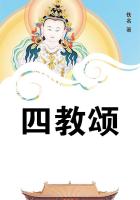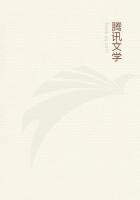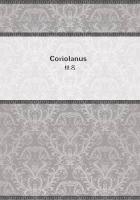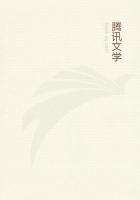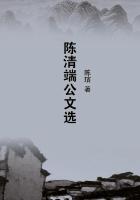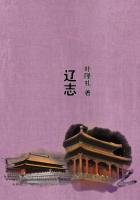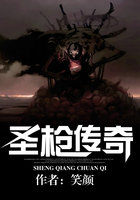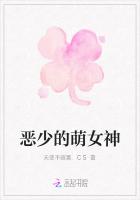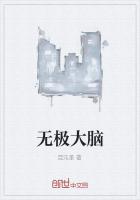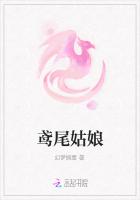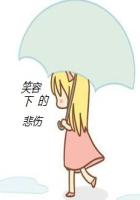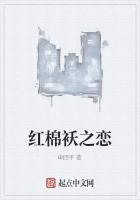DAVID EDWIN HUGHES.
There are some leading electricians who enjoy a reputation based partly on their own efforts and partly on those of their paid assistants.
Edison, for example, has a large following, who not only work out his ideas, but suggest, improve, and invent of themselves. The master in such a case is able to avail himself of their abilities and magnify his own genius, so to speak. He is not one mind, but the chief of many minds, and absorbs into himself the glory and the work of a hundred willing subjects.
Professor Hughes is not one of these. His fame is entirely self-earned.
All that he has accomplished, and he has done great things, has been the labour of his own hand and brain. He is an artist in invention; working out his own conceptions in silence and retirement, with the artist's love and self-absorption. This is but saying that he is a true inventor; for a mere manufacturer of inventions, who employs others to assist him in the work, is not an inventor in the old and truest sense.
Genius, they say, makes its own tools, and the adage is strikingly verified in the case of Professor Hughes, who actually discovered the microphone in his own drawing-room, and constructed it of toy boxes and sealing wax. He required neither lathe, laboratory, nor assistant to give the world this remarkable and priceless instrument.
Having first become known to fame in America, Professor Hughes is usually claimed by the Americans as a countryman, and through some error, the very date and place of his birth there are often given in American publications; but we have the best authority for the accuracy of the following facts, namely that of the inventor himself.
David Edwin Hughes was born in London in 1831. His parents came from Bala, at the foot of Snowdon, in North Wales, and in 1838, when David was seven years old, his father, taking with him his family, emigrated to the United States, and became a planter in Virginia. The elder Mr.
Hughes and his children seem to have inherited the Welsh musical gift, for they were all accomplished musicians. While a mere child, David could improvise tunes in a remarkable manner, and when he grew up this talent attracted the notice of Herr Hast, an eminent German pianist in America, who procured for him the professorship of music in the College of Bardstown, Kentucky. Mr. Hughes entered upon his academical career at Bardstown in 1850, when he was nineteen years of age. Although very fond of music and endowered by Nature with exceptional powers for its cultivation, Professor Hughes had, in addition, an inborn liking and fitness for physical science and mechanical invention. This duality of taste and genius may seem at first sight strange; but experience shows that there are many men of science and inventors who are also votaries of music and art. The source of this apparent anomaly is to be found in the imagination, which is the fountain-head of all kinds of creation.
Professor Hughes now taught music by day for his livelihood, and studied science at night for his recreation, thus reversing the usual order of things. The college authorities, knowing his proficiency in the subject, also offered him the Chair of Natural Philosophy, which became vacant; and he united the two seemingly incongruous professorships of music and physics in himself. He had long cherished the idea of inventing a new telegraph, and especially one which should print the message in Roman characters as it is received. So it happened that one evening while he was under the excitement of a musical improvisation, a solution of the problem flashed into his ken. His music and his science had met at this nodal point.
All his spare time was thenceforth devoted to the development of his design and the construction of a practical type-printer. As the work grew on his hands, the pale young student, beardless but careworn, became more and more engrossed with it, until his nights were almost entirely given to experiment. He begrudged the time which had to be spent in teaching his classes and the fatigue was telling upon his health, so in 1853 he removed to Bowlingreen, in Warren Co., Kentucky, where he acquired more freedom by taking pupils.
The main principle of his type-printer was the printing of each letter by a single current; the Morse instrument, then the principal receiver in America, required, on the other hand, an average of three currents for each signal. In order to carry out this principle it was necessary that the sending and receiving apparatus should keep in strict time with each other, or be synchronous in action; and to effect this was the prime difficulty which Professor Hughes had to overcome in his work. In estimating the Hughes' type-printer as an invention we must not forget the state of science at that early period. He had to devise his own governors for the synchronous mechanism, and here his knowledge of acoustics helped him. Centrifugal governors and pendulums would not do, and he tried vibrators, such as piano-strings and tuning-forks. He at last found what he wanted in two darning needles, borrowed from an old lady in the house where he lived. These steel rods fixed at one end vibrated with equal periods, and could be utilised in such a way that the printing wheel could be corrected into absolute synchronism by each signal current.
In 1854, Professor Hughes went to Louisville to superintend the making of his first instrument; but it was unprotected by a patent in the United States until 1855. In that form straight vibrators were used as governors, and a separate train of wheel-work was employed in correcting: but in later forms the spiral governor was adopted, and the printing and correcting is now done by the same action. In 1855, the invention may be said to have become fit for employment, and no sooner was this the case, than Professor Hughes received a telegram from the editors of the New York Associated Press, summoning him to that city.

